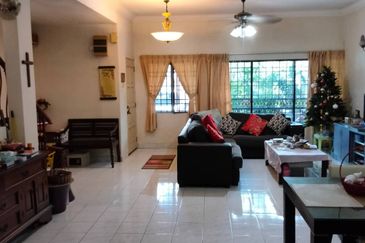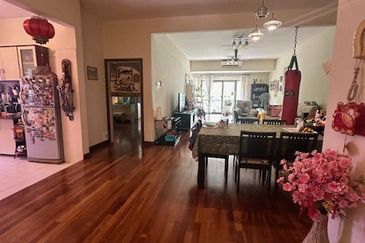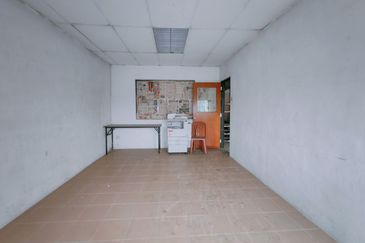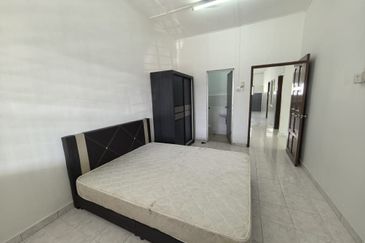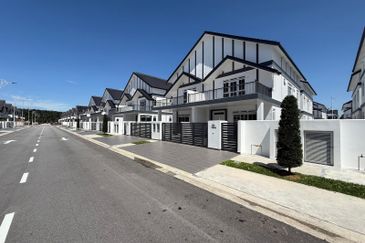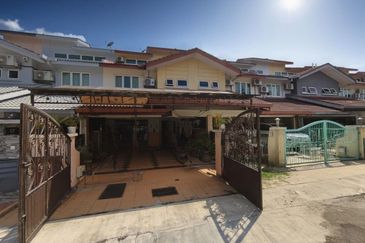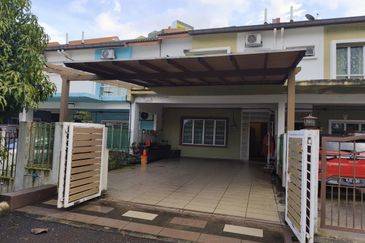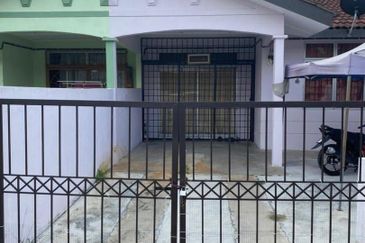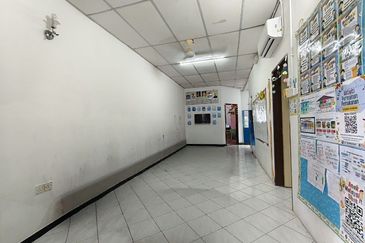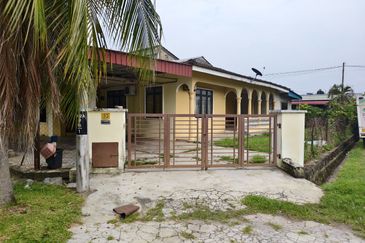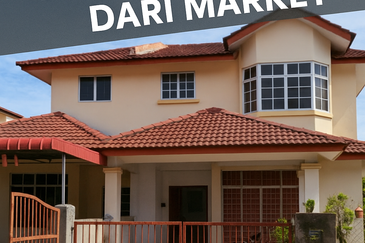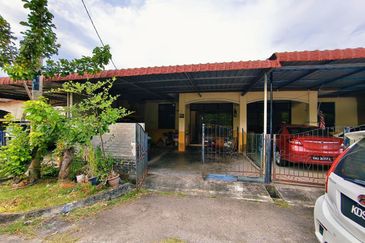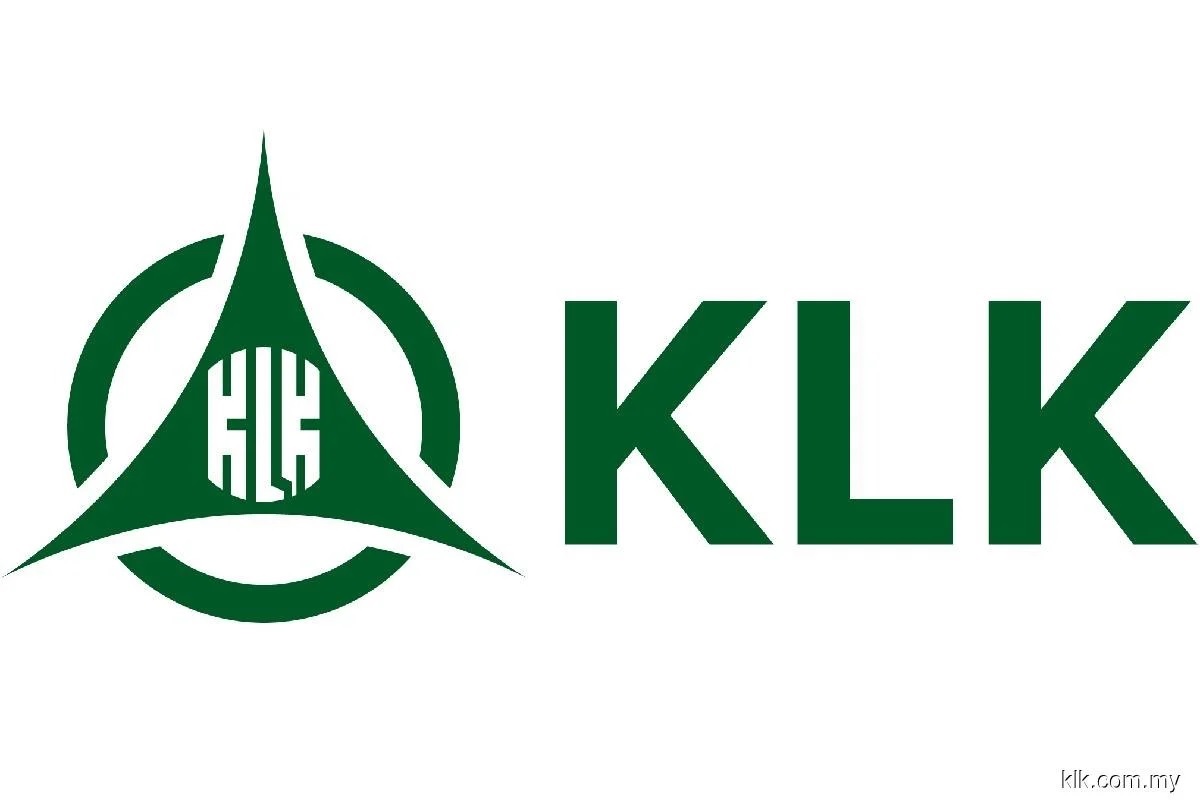
- Excluding the exceptional losses, net profit for 4QFY2024 would be RM286 million, according to KLK. The group said its directors will recommend a final dividend for FY2024 at a later date. It has paid an interim dividend of 20 sen per share so far for FY2024.
KUALA LUMPUR (Nov 26): Kuala Lumpur Kepong Bhd (KL:KLK) reported a record low net profit for its fourth quarter, dragged by non-cash losses and an inventory write-down related to its investment in UK-listed speciality chemicals company, Synthomer Plc.
The losses and impairment at Synthomer, coupled with lower manufacturing and property development profits, pulled Batu Kawan Bhd (KL:BKAWAN), which owns 47% in KLK, into the red in the same quarter.
KLK's net profit for the fourth quarter ended Sept 30, 2024 (4QFY2024) fell 94.18% to RM6.77 million from RM116.31 million in 4QFY2023, according to the group’s bourse filing on Tuesday. Revenue slipped 1.7% to RM5.68 billion from RM5.78 billion.
KLK registered a share of equity loss of RM48.4 million from its 26.89%-owned Synthomer, due to its weak performance and additional costs related to restructuring and asset impairment. It also recognised an impairment loss of RM180 million on its investment in Synthomer.
Excluding the exceptional losses, net profit for 4QFY2024 would be RM286 million, according to KLK. The group said its directors will recommend a final dividend for FY2024 at a later date. It has paid an interim dividend of 20 sen per share so far for FY2024. For FY2023, the group made a 60 sen payout, comprising a 20 sen interim dividend and a final dividend of 40 sen.
KLK's net profit for FY2024 fell 29.2% to RM590.96 million from RM834.26 million, despite its main plantation business delivering one of the best performance in the last five years on higher crude palm oil prices and improved fresh fruit bunch yields. The decline was largely due to the exceptional losses and impairment related to Synthomer that totalled RM315.7 million during the period plus an inventory write-down of RM50.8 million from KLK Hardwood Flooring Sdn Bhd.
Annual revenue slipped 5.81% to RM22.27 billion from RM23.65 billion.
Without the exceptional losses, the group net profit would be RM957.5 million, KLK said. The non-cash losses from Synthomer and the inventory write-off in FY2024 are not expected to recur in FY2025, it added.
With that, and on expectations that its plantation business would perform well on strong palm oil prices and continuous improvements from its oleochemical sub-segment, KLK said it is “fairly confident” that FY2025 will be a promising year.
Meanwhile, Batu Kawan recorded a net loss of RM19.76 million — its first in over two decades since 2001 — in 4QFY2024, as opposed to a net profit of RM52.75 million in 4QFY2023. Revenue slipped 2% to RM5.88 billion from RM6 billion, according to the group’s bourse filing.
Batu Kawan's net profit for FY2024 dropped 39.12% to RM298.86 million from RM490.92 million in FY2023, while revenue slipped 6.45% to RM23.06 billion from RM24.65 billion.
Besides non-cash losses of RM366.51 million for the year — comprising a RM135.66 million share of equity loss in Synthomer and the RM230.85 million impairments KLK made for Synthomer and KLK's hardwood flooring business — Batu Kawan saw lower manufacturing and property development profits, which were partly offset by higher plantation profit.
It also plans to pay a final dividend for FY2024 at a later date, but did not specify how much or when.
Shares in KLK ended 16 sen or 0.75% higher at RM21.62 on Tuesday, for a market capitalisation of RM23.76 billion. Batu Kawan shares closed two sen or 0.1% lower at RM20.12, valuing the group at RM8.04 billion.
Looking to buy a home? Sign up for EdgeProp START and get exclusive rewards and vouchers for ANY home purchase in Malaysia (primary or subsale)!
TOP PICKS BY EDGEPROP

Jalan Taman Setiawangsa
Taman Setiawangsa, Kuala Lumpur
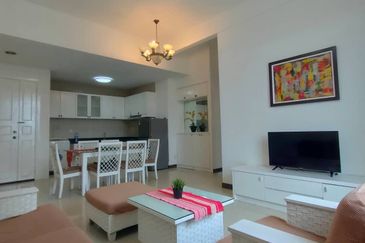
The Heritage Residences
Seri Kembangan, Selangor



